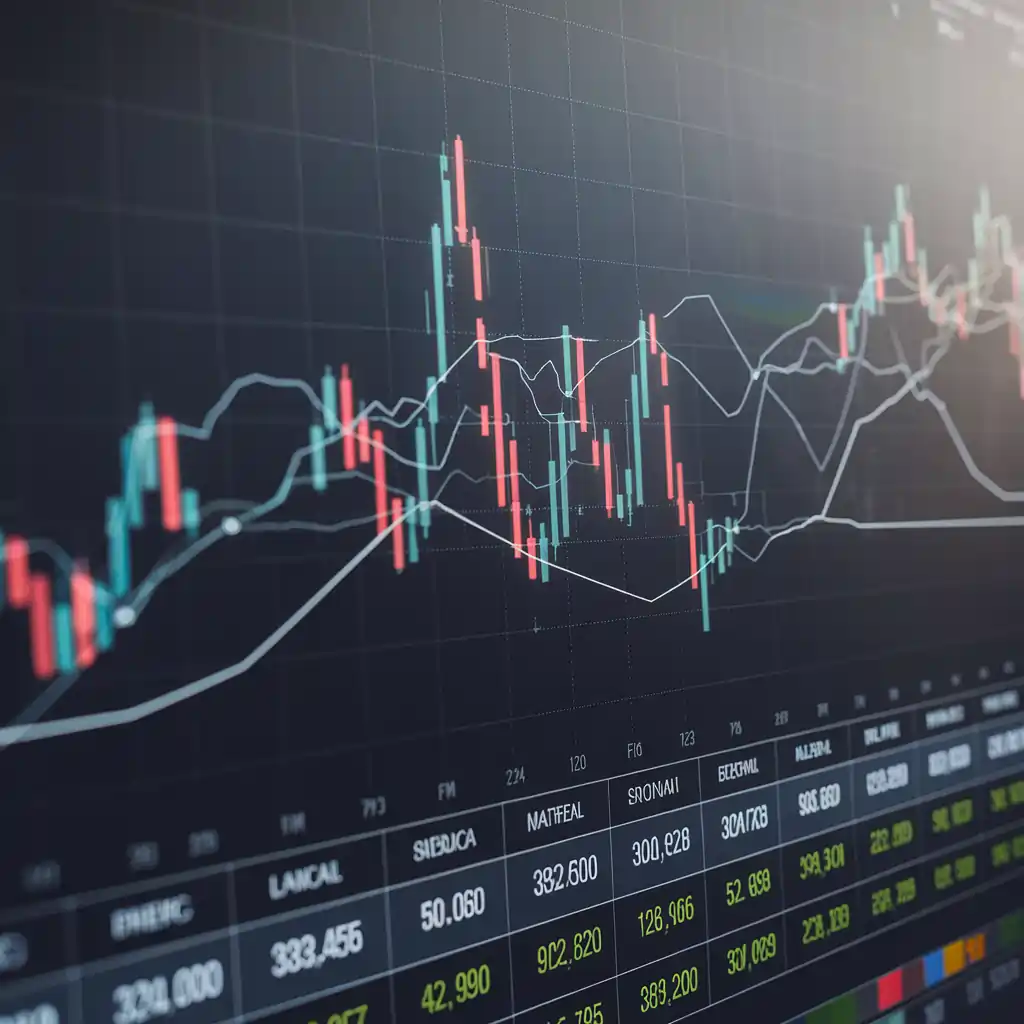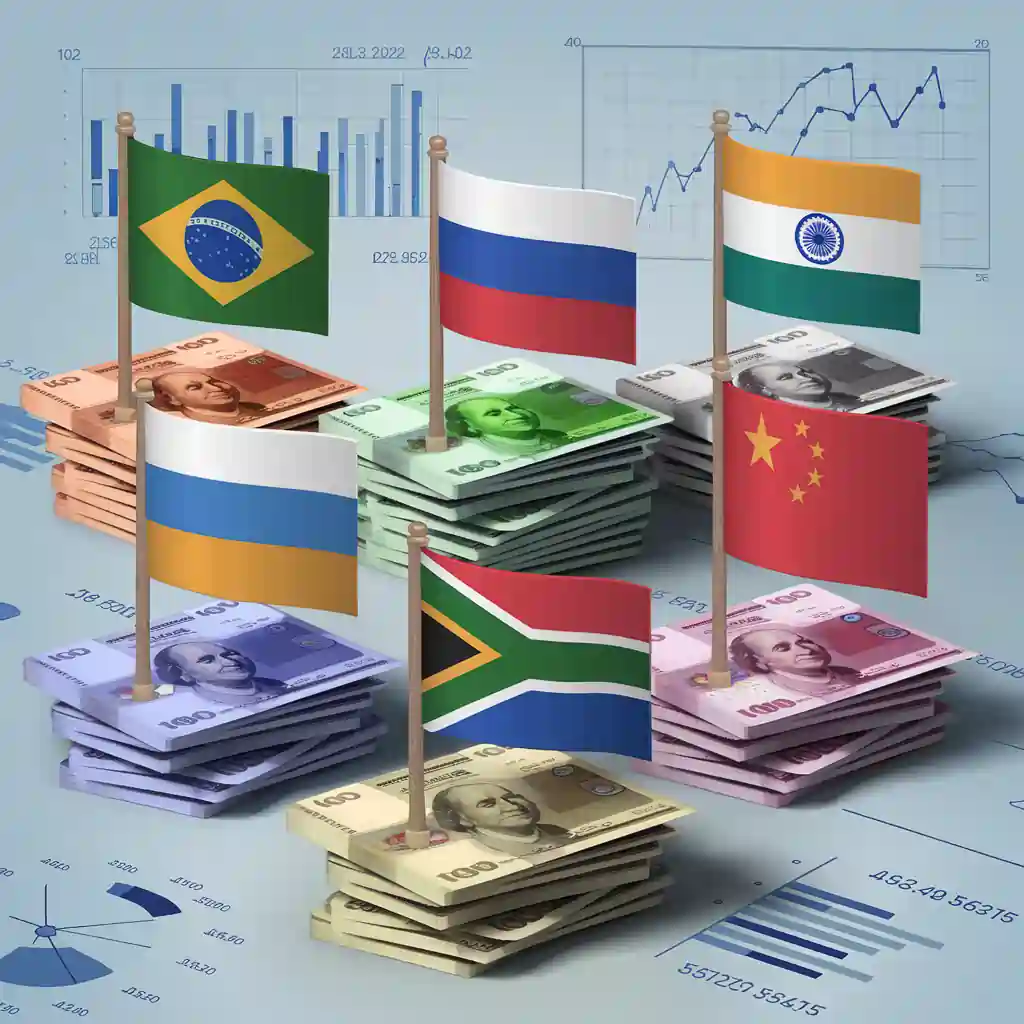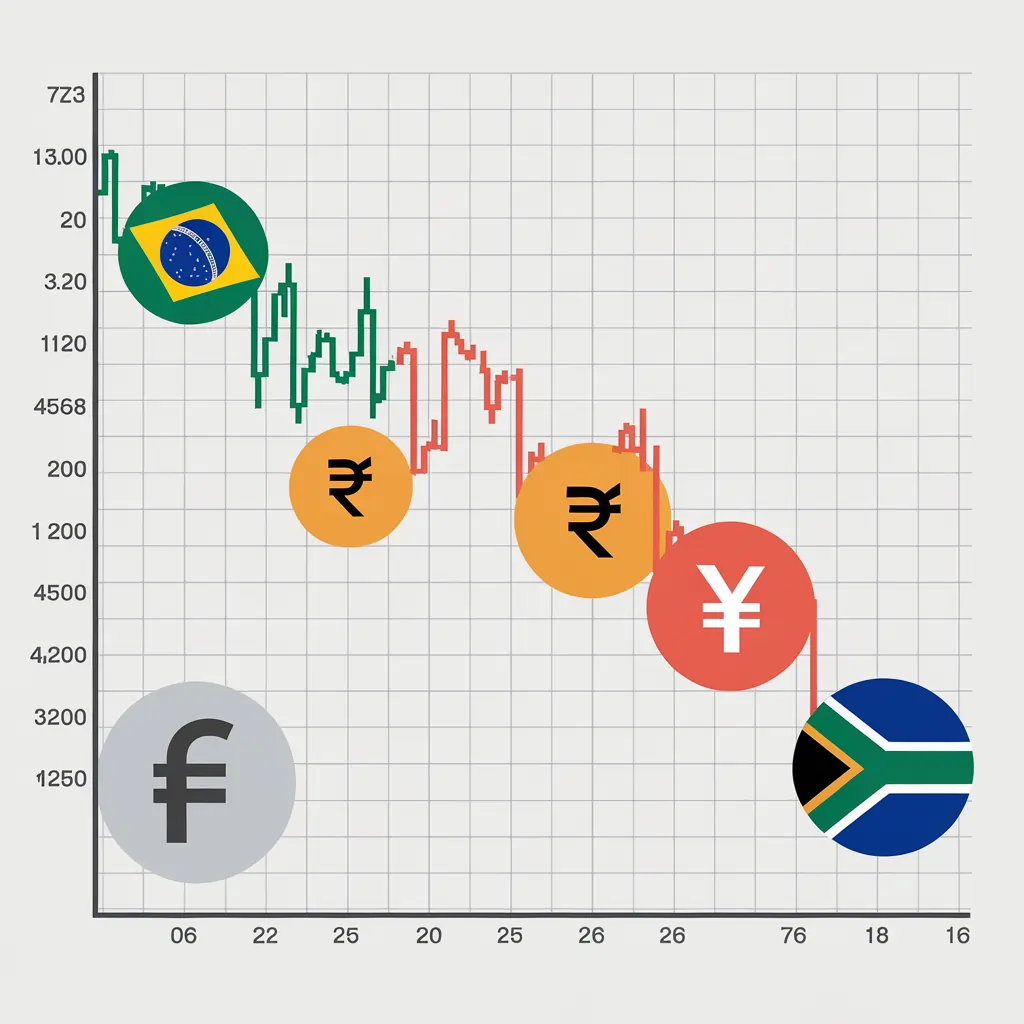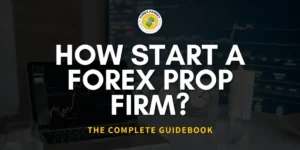
Have you ever wondered how BRICS affect Forex Market? BRICS nations—Brazil, Russia, India, China, and South Africa—hold significant sway over global financial markets. As emerging economic powerhouses, their collective actions can send ripples through the foreign exchange (forex) market.
But how exactly do events within these countries influence currency values worldwide? From setting up a $100 billion New Development Bank to exploring complex trade dynamics, BRICS initiatives can lead to increased volatility and opportunities in forex trading. Understanding these impacts is crucial for investors and policymakers aiming to navigate the ever-evolving landscape of international finance.
Economic Significance of BRICS on the Forex Market

The BRICS nations have established themselves as major players in the international currency market, with their currencies ranking among the top 20 most traded currencies globally.
Their combined daily foreign exchange turnover reached USD 174 billion in 2013, showing significant growth from their previously negligible presence in 1998.
| Country | Population (millions) | GDP (USD Billions) | Foreign Exchange Reserves (USD Billions) |
|---|---|---|---|
| Brazil | 202 | 2,246 | 358.81 |
| Russia | 141 | 2,097 | 509.692 |
| India | 1,267 | 1,877 | 298.0925 |
| China | 1,370 | 9,240 | 3,880.37 |
| South Africa | 52.52 | 350.60 | 50.68 |
Currency Market Volatility

Value at Risk Analysis The stability of BRICS currencies varies significantly:
| Currency | 1-Day VaR | 1-Month VaR | 1-Year VaR | 10-Year VaR |
|---|---|---|---|---|
| Brazilian Real | -0.023 | -0.089 | -0.387 | -0.760 |
| Russian Ruble | -0.014 | -0.063 | -0.230 | -0.452 |
| Indian Rupee | -0.009 | -0.043 | -0.160 | -0.344 |
| Chinese Yuan | -0.002 | -0.009 | -0.060 | -0.261 |
| South African Rand | -0.021 | -0.096 | -0.323 | -0.441 |
Impact of BRICS Events on Forex Markets

BRICS-related events can significantly influence forex markets in several ways:
1. Policy Announcements
When BRICS nations announce new economic policies or trade agreements, it can lead to immediate reactions in currency markets. For example, the announcement of the New Development Bank in 2014 with a $100 billion reserve pool caused increased interest in BRICS currencies.
2. Economic Data Releases
Economic indicators from BRICS countries, such as GDP growth rates, inflation figures, or trade balances, can cause volatility in their respective currencies and impact forex trading patterns.
3. Geopolitical Developments
Political events or tensions involving BRICS nations can lead to currency fluctuations. For instance, sanctions on Russia or trade disputes involving China can cause significant movements in forex markets.
4. BRICS Summits
Annual BRICS summits often result in joint declarations or new initiatives that can influence market sentiment and currency valuations.
Economic Indicators and Market Influence
Key Factors Affecting Currency Values:
BRICS Currency Market Presence

The BRICS nations have significantly increased their presence in global foreign exchange markets over the past two decades.
According to the 2013 Triennial Central Bank Survey conducted by the Bank for International Settlements, the daily average forex turnover attributed to BRICS currencies grew from just US$23 billion in 1998 to US$174 billion in 2013.
| Year | BRICS Forex Turnover (US$ billions) | World Daily Average (US$ billions) |
|---|---|---|
| 1998 | 23 | 2,099 |
| 2001 | 29 | 1,705 |
| 2004 | 52 | 2,608 |
| 2007 | 117 | 4,281 |
| 2010 | 117 | 5,043 |
| 2013 | 174 | 6,671 |
This increased participation in forex markets means that BRICS-related events now have a more pronounced effect on currency valuations and trading volumes.
BRICS Currencies vs. USD
The US dollar often experiences pressure when BRICS nations announce measures to reduce dollar dependence. For example, discussions about a potential BRICS common currency can lead to short-term USD weakness against BRICS currencies.
BRICS Currencies vs. Each Other

Intra-BRICS currency pairs can be particularly volatile during BRICS events. The following table shows the correlation between BRICS currencies based on daily returns:
| Currency | Brazil | Russia | India | China | South Africa |
|---|---|---|---|---|---|
| Brazil | 1.000 | 0.256 | 0.090 | 0.606 | 0.145 |
| Russia | 0.256 | 1.000 | 0.756 | – | 0.612 |
| India | 0.090 | 0.756 | 1.000 | – | 0.731 |
| China | 0.606 | – | – | 1.000 | – |
| S. Africa | 0.145 | 0.612 | 0.731 | – | 1.000 |
This correlation matrix highlights the interconnectedness of BRICS currencies, suggesting that events affecting one BRICS nation can have spillover effects on other BRICS currencies.
Volatility and Risk Management
BRICS-related events can lead to increased volatility in currency markets. To illustrate this, we can look at the Value at Risk (VaR) for BRICS currencies over different time horizons:
| Currency | 1 Day | 1 Week | 1 Month | 6 Months | 1 Year | 3 Years | 5 Years | 10 Years |
|---|---|---|---|---|---|---|---|---|
| Brazil | -0.023 | -0.047 | -0.089 | -0.270 | -0.387 | -0.537 | -0.658 | -0.760 |
| Russia | -0.014 | -0.031 | -0.063 | -0.181 | -0.230 | -0.321 | -0.367 | -0.452 |
| India | -0.009 | -0.021 | -0.043 | -0.110 | -0.160 | -0.238 | -0.275 | -0.344 |
| China | -0.002 | -0.004 | -0.009 | -0.033 | -0.060 | -0.141 | -0.203 | -0.261 |
| S. Africa | -0.021 | -0.047 | -0.096 | -0.235 | -0.323 | -0.511 | -0.602 | -0.441 |
This VaR analysis shows that some BRICS currencies, particularly the Brazilian Real and South African Rand, can be quite volatile, especially over longer time horizons. Forex traders should be aware of this volatility when trading BRICS currency pairs, especially around major BRICS events.
Market Development and Risk Management
The BRICS nations are transitioning toward floating exchange rate mechanisms, although their combined forex turnover remains relatively small compared to global averages. This transition creates both opportunities and challenges:
Risk Factors:
Strategies for Forex Traders
Given the impact of BRICS events on forex markets, traders can consider the following strategies:
Challenges and Opportunities
While BRICS events present opportunities in forex markets, they also pose challenges:
🌎 Wrapping Up On How BRICS Affect Forex Market

Events within BRICS significantly influence the forex market by altering currency volatility, challenging USD dominance, and reshaping trading strategies globally. As these nations continue to assert their economic independence, traders must stay informed and agile to navigate this evolving landscape effectively.
By understanding the dynamics at play within BRICS countries, forex traders can better anticipate market movements and adjust their strategies to capitalize on emerging opportunities while mitigating risks. This article provides a comprehensive overview of how BRICS events impact the forex market, incorporating data from various studies to highlight key trends and implications for traders worldwide.






